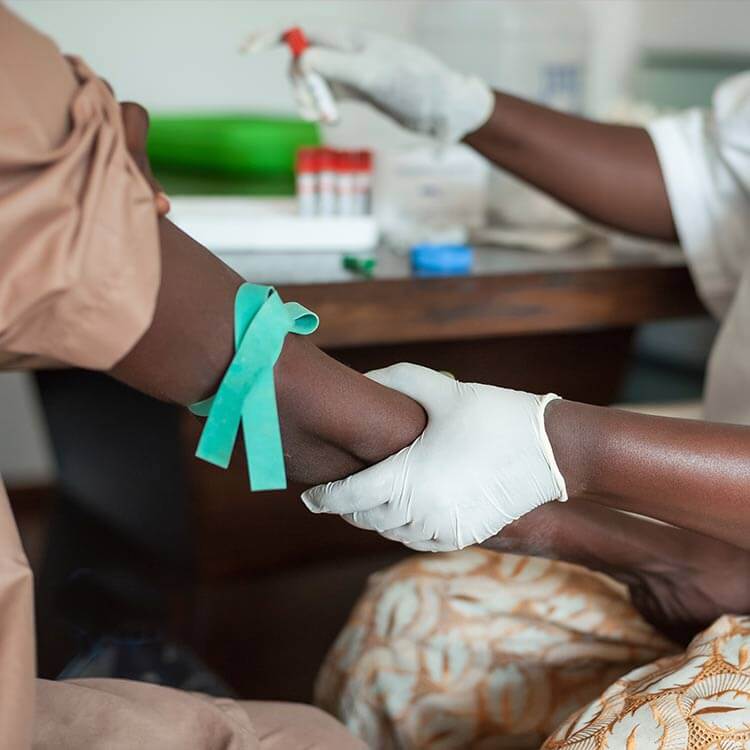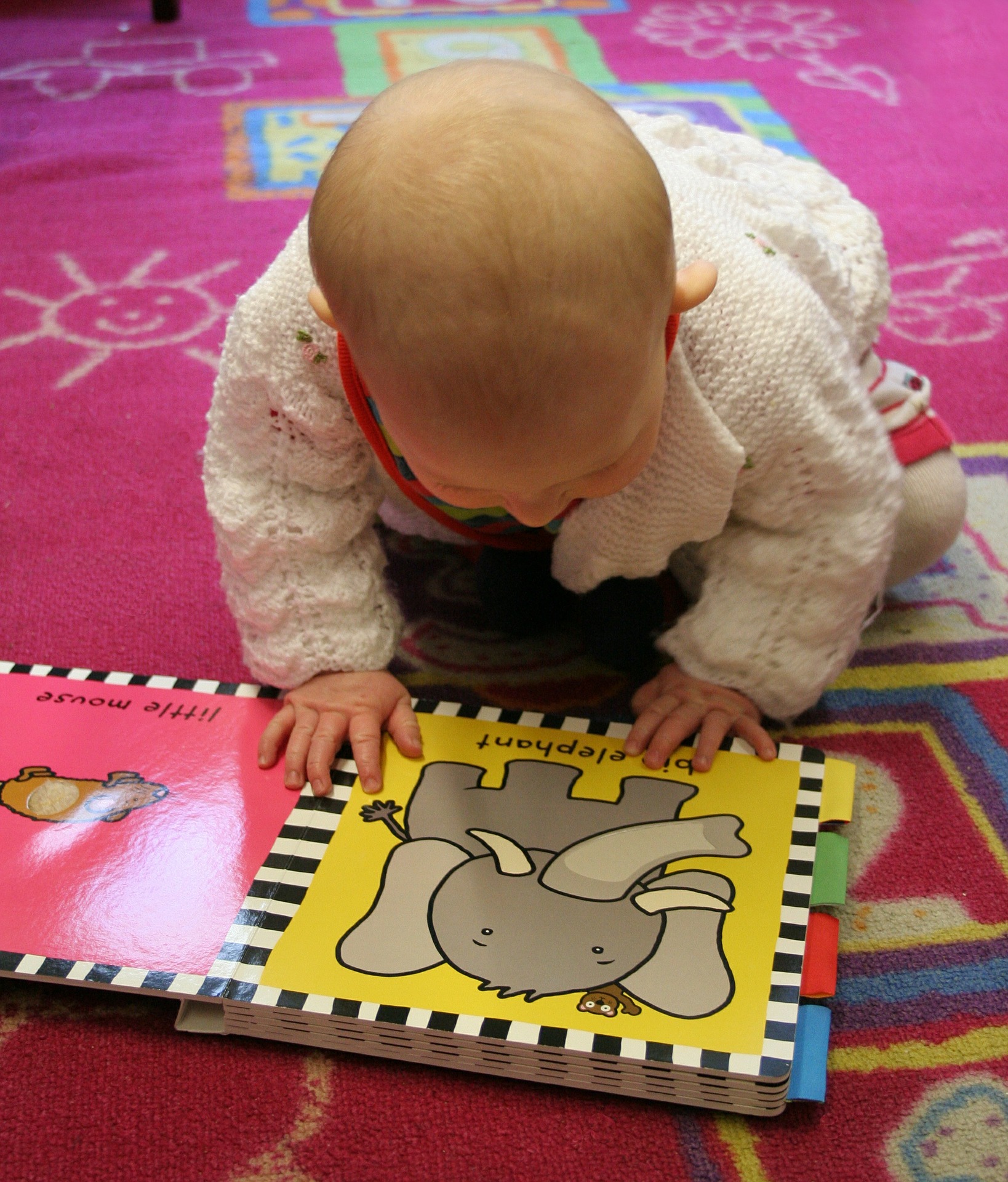Search

Research
Heritable and environmental determinants of hospitalisation for common childhood illnessesWe will leverage the unique Western Australian data linkage resources to undertake the definitive twin and sibling study of infection-related hospitalisation

Research
GAMA projectThis study investigated host gene expression in response to new HIV infection.
Research
The global epidemiology of impetigo: A systematic review of the population prevalence of impetigo and pyodermaWe conducted a comprehensive, systematic review of the global childhood population prevalence of impetigo and the broader condition pyoderma.
Research
Towards a PBMC "virogram assay" for precision medicine: Concordance between ex vivo and in vivo viral infection transcriptomesIn this rhinovirus study, we first hypothesized that ex vivo human cells response to virus can serve as a proxy for otherwise controversial in vivo human...
Research
A retrospective study of Babesia macropus associated with morbidity and mortalityThis is a retrospective study of 38 cases of infection by Babesia macropus, associated with a syndrome of anaemia and debility in hand-reared or free-ranging...
Research
Pneumococcal conjugate vaccines PREVenar13 and SynflorIX in sequence or alone in high-risk indigenous infants (PREV-IX-COMBO)Otitis media (OM) starts within weeks of birth in almost all Indigenous infants living in remote areas of the Northern Territory (NT).
Research
HPV.edu study protocol: A cluster randomised controlled evaluation of education, decisional support and logistical strategies...The National Human Papillomavirus (HPV) Vaccination Program in Australia commenced in 2007 for females and in 2013 for males, using the quadrivalent HPV...

Research
MeaslesMeasles is a highly contagious infectious disease that can cause severe, long-term complications in children.
Research
Convalescent plasma in hospitalised patients with COVID-19Convalscent plasma (CP) was identified as a potential therapy for COVID-19 available early in the pandemic.
Research
Global risk of selection and spread of Plasmodium falciparum histidine-rich protein 2 and 3 gene deletionsSince their first detection in 2010, Plasmodium falciparum malaria parasites lacking the P. falciparum histidine-rich protein 2 gene (pfhrp2) have been observed in 40 of 47 surveyed countries, as documented by the World Health Organization. These genetic deletions reduce detection by the most widely used rapid diagnostic tests, prompting three countries to switch to alternative diagnostics.
